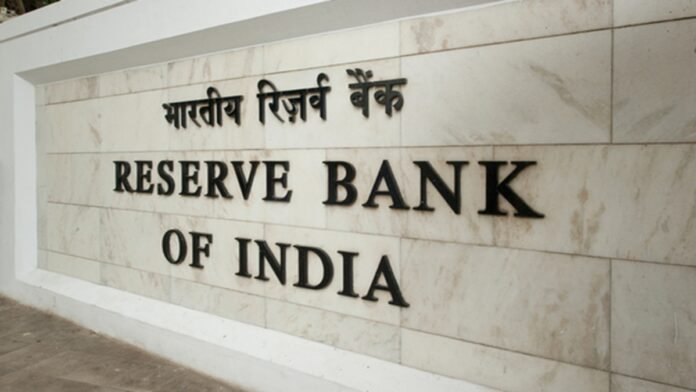
New Delhi: The Reserve Bank of India (RBI) has announced a slew of measures to promote digital payments and enhance the access and efficiency of foreign exchange derivatives in the country. The RBI Governor Shaktikanta Das revealed the decisions taken on Friday in the fifth bi-monthly three-day meeting of the Monetary Policy Committee of the current financial year.
One of the major announcements was the increase in the limit for payments through the Unified Payments Interface (UPI) in hospitals and educational institutions from Rs 1 lakh to Rs 5 lakh per transaction.UPI is a popular and convenient mode of digital payment that allows users to transfer money instantly using a virtual payment address or a QR code.
The transaction limit for UPI is limited to Rs 1 lakh except for some categories like capital markets (AMC, broking, mutual funds, etc), collections (credit card payments, loan repayments, EMIs), insurance, etc. In December 2021, the transaction limit for UPI payments for purchases of Retail Direct Scheme and Initial Public Offering (IPO) was increased to Rs 5 lakh.
Mr. Das said that the decision to increase the limit for payments through UPI to hospitals and educational institutions was taken with a view to encouraging the use of UPI for medical and educational services. He added that separate instructions will be issued in this regard soon.Another important announcement was the revision of the regulatory framework governing the hedging of foreign exchange risks.
Mr Das said that the framework was comprehensively reviewed in 2020 to introduce a principles-based regime.
He said that based on the feedback received from market participants and the experience gained since then, the regulatory framework has been made more comprehensive by consolidating all types of transactions – over-the-counter (OTC) and exchange-traded – under a single guideline.
He also said that the framework has been refined to increase operational efficiency and ease access to foreign exchange derivatives, especially for users with smaller risk appetite. This will allow a broader group of clients with the necessary risk management expertise to manage their risks efficiently.
He said that separate guidelines will be issued in this regard. Mr Das also announced that certain categories such as mutual fund subscriptions, payment of insurance premiums, and payment of credit card bills will be exempted from the requirement of an Additional Factor of Authentication (AFA) for transactions up to Rs 1 lakh.
AFA is a security feature that requires users to enter a one-time password (OTP) or a biometric verification to complete a digital transaction. The limit for execution of e-mandates without AFA is currently Rs 15,000. Mr Das said that the framework for processing e-mandates for recurring transactions was introduced in August 2019 to facilitate customer convenience and make digital transactions more secure.
He said that currently, the number of registered e-mandates is 8.5 crore, which translates into transactions of approximately Rs 2800 crore per month. He said that although the system has been stabilized, a need has been expressed to increase the limits in categories like mutual fund subscription, payment of insurance premiums, and credit card bill payments, where the transaction size exceeds Rs 15,000.
He said that the revised circular will be issued soon. The RBI Governor also said that the central bank is working on setting up a cloud facility for the financial sector in the country. He said that the proposed facility will enhance the security, integrity and privacy of financial sector data.

He said that it is also expected to facilitate scalability and business continuity.He said that initially the cloud facility will be set up and operated by Indian Financial Technology and Allied Services (IFTAS), a wholly owned subsidiary of RBI.He said that ultimately, the cloud facility will be transferred to a separate entity owned by financial sector participants.





















































